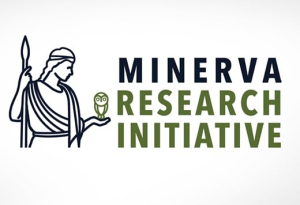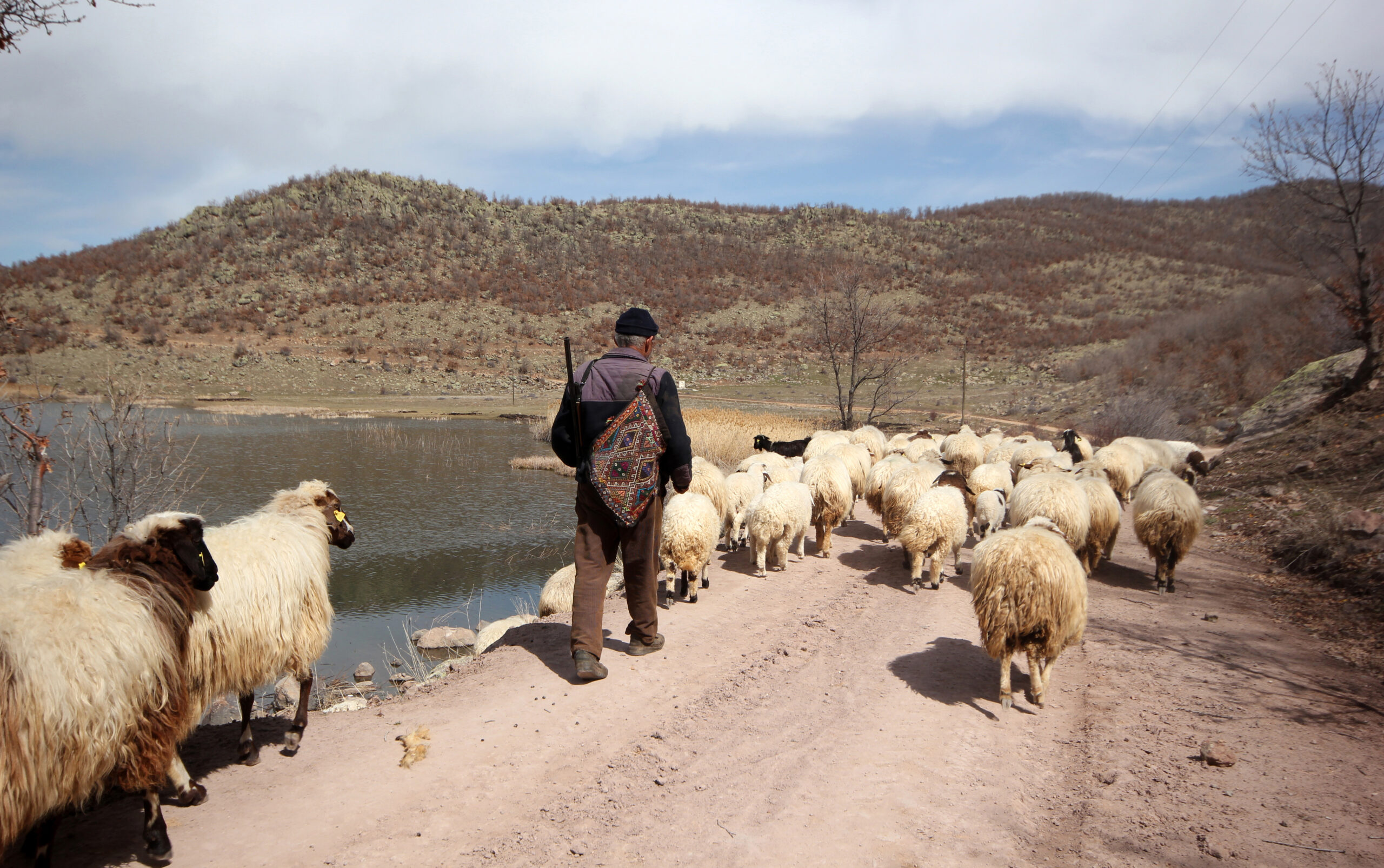 The Global Water Security Center (GWSC) at The University of Alabama, with partners at Tufts University and Oregon State University, was recently awarded a $2.4 million grant from the U.S. Department of Defense’s Minerva Research Initiative.
The Global Water Security Center (GWSC) at The University of Alabama, with partners at Tufts University and Oregon State University, was recently awarded a $2.4 million grant from the U.S. Department of Defense’s Minerva Research Initiative.
The funding will be used to expand data on water conflict and cooperation events and evaluate which potential elements of resilience could most effectively buffer societies from shocks to the water system. Improved insight into societal resilience will improve the ability to anticipate when any type of biophysical shock might develop into unrest, allowing data-driven insights to inform policies for managing instability.
The US Government continues to highlight water-driven risk to political stability within countries and water-driven interstate geopolitical competition, yet biophysical data alone are insufficient to identify areas at risk for water conflict.
“We see over and over that water is at the heart of many national security issues, yet even the best water scarcity data can’t tell us where conflict or cooperation will occur,” said Dr. Kate Brauman, GWSC Deputy Director and Principal Investigator for the project. “By taking into account not only events where water shocks lead to conflict, but also where they lead to cooperation, we can better anticipate where and when water disturbances will have negative impacts.”
Dr. Melissa McCracken, Assistant Professor of International Environmental Policy at the Fletcher School at Tufts University, will lead the development of new conceptual models of how societal resilience can reduce conflict potential in human-environmental systems. McCracken said that “by combining theory building with empirical research, this work critically expands our understanding of which societal resilience factors are most important for cooperation in the face of disturbances to freshwater resources.”
The project team will develop and test new methods to overcome persistent barriers in monitoring conflict-cooperation outcomes, leveraging recent developments in machine learning, generative AI and large language models.
Drs. Brian C. Britt, Jameson L. Hayes and Matthew S. VanDyke, Associate Professors of Advertising and Public Relations with The University of Alabama’s Public Opinion Lab, will work with the Tufts University’s Digital Humanities Natural Language Processing Specialist, Peter Nadel, to develop new ways to use news and social media to identify conflict and cooperation events.
“We’re excited to use news and social media data to better understand the impacts of shocks to the water system,” VanDyke said. “This should afford a more comprehensive assessment that includes social factors that may influence subnational and international cooperation and conflict around water issues.”
At Oregon State University, Dr. Aaron Wolf will lead OSU’s contribution to the analysis of water conflict and cooperation on the basis of the Transboundary Water Diplomacy Database (TFDD). Dr. Susanne Schmeier, affiliate faculty at OSU and an Associate Professor of Water Law and Diplomacy at IHE Delft – Institute of Water Education in The Netherlands, will contribute her academic and diplomacy experiences in water conflict and cooperation, with a particular focus on the legal and institutional mechanisms for water conflict and cooperation at both the international and subnational scales.
####
The Global Water Security Center (GWSC) at The University of Alabama translates water and environmental science to help key global decision makers improve security at the intersection of water, energy, food and health.
The UA Public Opinion Lab in the College of Communication & Information Sciences at The University of Alabama is a cutting-edge digital and social media data science lab that combines communication and information expertise with computational social science to provide practical insights into contemporary issues.
The Shared Waters Lab at the Fletcher School at Tufts University strengthens international water diplomacy by providing critical data and analysis on transboundary freshwater resources. In collaboration with SWL Partners IHE Delft and Oregon State University, its work encompasses monitoring and early warning systems for potential conflicts and opportunities for cooperation, with a focus on equitable and sustainable management of shared water resources.
Oregon State University’s Program in Water Conflict Management and Transformation in the College of Earth, Ocean and Atmospheric Sciences integrates human and policy dimensions of water resources within the framework of technological approaches, and focuses training and research on all facets of water conflict transformation. In collaboration with partners at IHE Delft and Tufts, it serves as a training, resource and information hub, facilitating dialogue on critical water issues across diverse values, perspectives and geographies.

